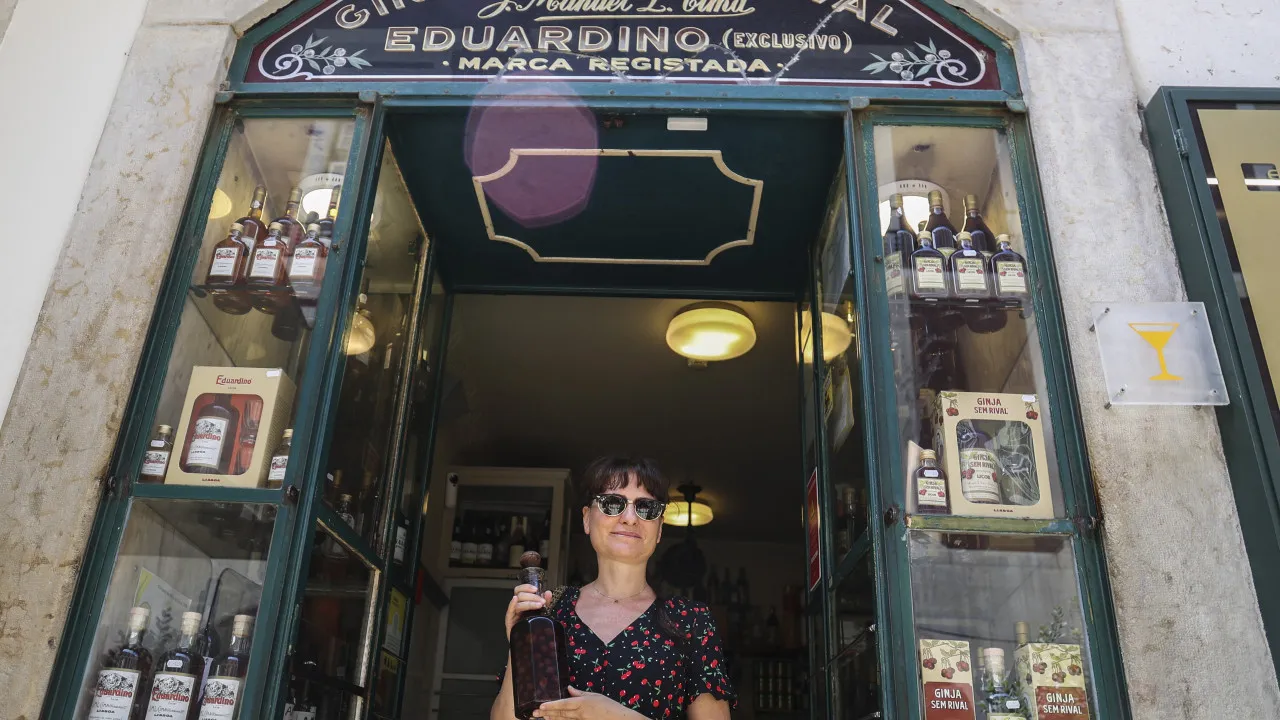
The Portuguese Association of Property Management and Administration Companies (APEGAC) emphasized the need for a mandatory building inspection regime, similar to vehicle inspections, on Wednesday, to ensure “uniform levels of safety and efficiency in building maintenance.”
“Just as cars are regularly inspected to ensure they operate safely, buildings also require systematic inspection to protect those who live and work within them,” said Vítor Amaral, president of APEGAC, in a statement accessed by Notícias ao Minuto.
The association noted that the current legislation “mandates conservation work on buildings in horizontal property regimes every eight years but does not provide for mandatory technical inspections, allowing for gaps in verifying their real efficacy.”
“In contrast, automobiles undergo regular periodic inspections to ensure public safety and minimize risks. Why aren’t buildings, where millions of Portuguese reside and work, treated the same?” questions APEGAC.
Consequently, APEGAC proposes a mandatory building inspection model for horizontal properties, characterized by:
- A defined periodicity (such as every eight years, already legally defined for conservation work);
- Certified inspectors – qualified technicians, preferably from certified external entities;
- Technical rigor – assessment of structural integrity, facades, roofs, equipment, and technical systems (such as elevators, electrical installations, gas, etc.);
- Issuance of a realistic maintenance report and plan with clear priorities;
- Municipal oversight and potential sanctions for non-compliance.
The Association believes that, “besides repairing and preventing visible issues, technical inspections” would “detect hidden pathologies, preventing collapses, infiltrations, element falls, or system failures; preserve asset value since preventive maintenance reduces future costs and enhances property value; reduce risk and litigation by clearly holding parties accountable and documenting interventions and needs; and promote collective security and citizen confidence.”
“This model brings Portugal closer to the best European practices and aligns with other APEGAC proposals, such as the introduction of mandatory maintenance plans, currently without inspection,” the Association added.
In the same statement, APEGAC expressed its “availability to collaborate with the Government and municipalities in defining technical regulations, training inspectors, and creating a reliable and effective system to guarantee inspections and the subsequent application of necessary corrective actions.”
APEGAC is an association “with an indefinite duration and unlimited number of members, governed by the provisions of the Law and its own Statutes.”
It is a private, non-profit association of companies whose primary activity and social purpose is the Management and Administration of Condominiums. It has a national scope and may associate with other national and international bodies, having regional structures, specifically the Lisbon and Tagus Valley Nucleus and the Alentejo and Algarve Nucleus,” the statement reads.




